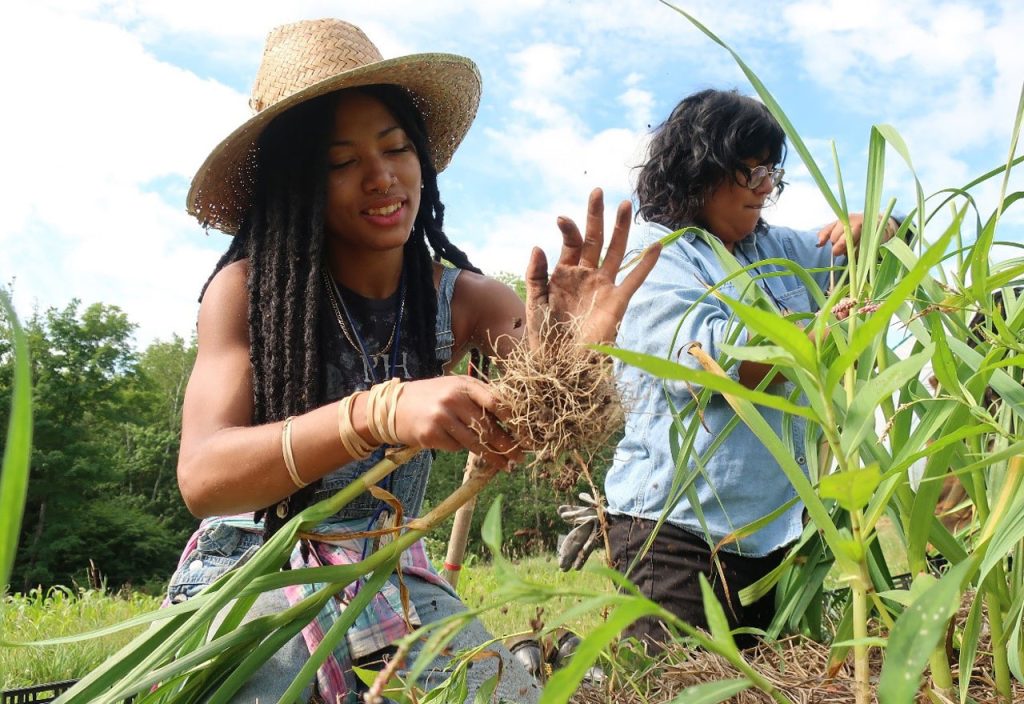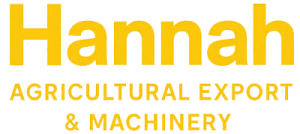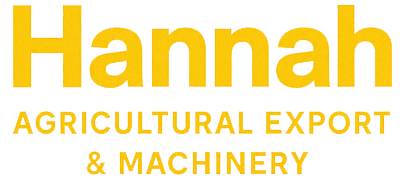As food security becomes an increasingly urgent issue, Africa has made significant strides in 2025 to reclaim its food sovereignty. Through large-scale investments, strategic partnerships, and climate-smart initiatives, African leaders and institutions are reshaping the continent’s agricultural future with a strong focus on resilience, inclusion, and sustainability.

Major Financial Commitments to Agriculture
The African Development Bank (AfDB) announced a $10 billion investment package over five years, targeting:
- Agricultural inputs and food systems.
- Support for smallholder farmers, especially women.
- Programs to engage youth in agribusiness and rural innovation.
This bold financial move is a key driver for transforming productivity and reducing dependency on food imports.
Increasing Agricultural Budgets
The African Union (AU) committed to mobilize $100 billion by 2035 for agriculture. Key targets include:
- Raising agriculture’s share of national budgets from 3% to 10% of GDP.
- Boosting agricultural productivity by 45%.
- Tripling intra-African agricultural trade, reducing post-harvest losses, and increasing value chain integration.
This aligns with continental efforts to move from food aid dependency to food self-reliance.
Building Climate-Smart, Resilient Food Systems
With support from the Food and Agriculture Organization (FAO), African countries are adopting climate-resilient agricultural systems through:
- Technology-driven transformation of agri-food value chains.
- Promotion of neglected and underutilized crops (often called “orphan crops”) that are nutritious and climate-resilient.
- Initiatives to improve local food autonomy, enhance nutrition, and reduce vulnerability to climate shocks.
This marks a shift toward smarter, greener, and more inclusive agricultural development.
Strengthening Global Partnerships and Public-Private Collaboration
The U.S.-Africa Leaders Summit reaffirmed commitments to:
- Mobilize emergency financing for fertilizers and staple foods.
- Develop long-term investments in sustainable food systems.
- Establish strategic partnerships for technology transfer, innovation, and market access.
These partnerships reflect growing confidence in Africa’s role in global food security dialogues.
Strategic Frameworks: The Foundations of Change
Africa is leveraging several key strategies and agreements to guide its food security efforts:
- Agenda 2063 (AU’s long-term vision for inclusive development).
- Malabo Declaration on agricultural transformation.
- ZLECAF (African Continental Free Trade Area) to improve food trade flows.
- CAADP (Comprehensive Africa Agriculture Development Programme), which drives policy alignment and investment priorities.
These frameworks are not just policy blueprints—they are active tools guiding long-term structural reforms.
Conclusion: Toward a Self-Sufficient and Resilient Africa
In 2025, Africa has taken decisive steps to secure its food future. From bold financial investments and stronger governance to innovation and international cooperation, the continent is forging a path toward:
- Reduced import dependence,
- Higher domestic production, and
- A climate-adaptive, sustainable agriculture sector.
These efforts demonstrate not only ambition but also a deep recognition that food sovereignty is critical to Africa’s long-term prosperity and stability.
CONTACT HANNAH – YOUR TRUSTED PARTNER FROM VIETNAM
Whether you are a contractor, dealer, or NGO working on rural development, Hannah concrete mixers offer the right balance of quality, affordability, and rugged performance.
🌍 Made in Vietnam – Ready for Africa.
📱 WhatsApp / Hotline: +84 919108349
✉️ Email: hannahsaigon96@gmail.com
🔗 Website: www.hannah-trading.com
Interested in Truck? Click here: Hannah Concrete Mixer Truck

